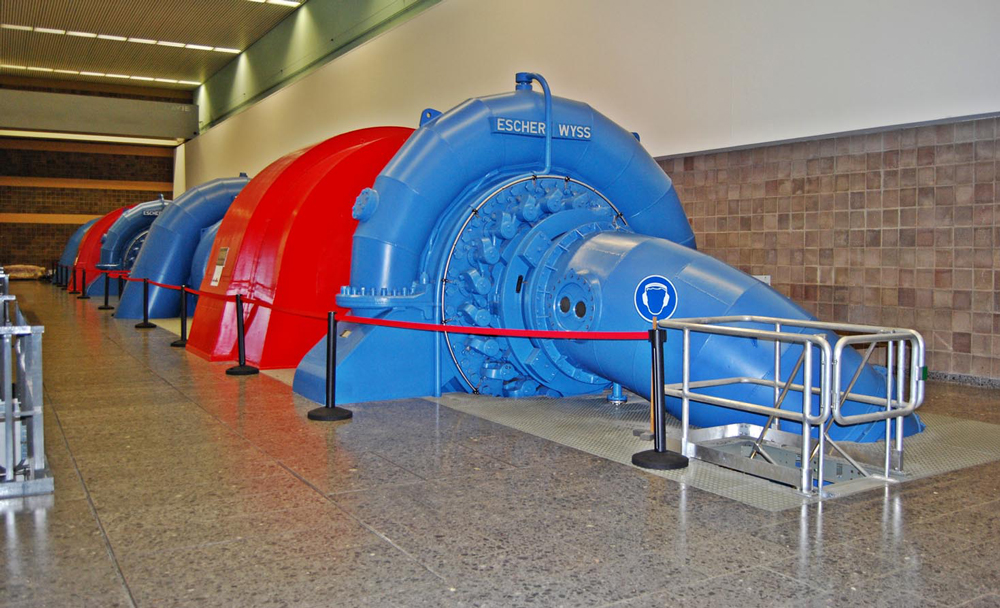Comparing Large-Scale Energy Storage Methods
June 2024
Energy storage is crucial for a sustainable future. This comparison looks at three methods: Underground Pumped Hydro Storage (UPHS), Pumped Hydro Storage (PHS), and Battery Energy Storage Systems (BESS).

Underground Pumped Hydro Storage (UPHS)
UPHS employs underground reservoirs. Water moves between these reservoirs to store energy. Low demand periods pump water to a higher reservoir. During high demand, water flows down, generating electricity.
Advantages of UPHS:
- High energy capacity
- Longevity
- Minimal environmental impact
Since it is underground, UPHS minimizes land use and visual impacts. This feature enhances its environmental profile, making UPHS an appealing choice.
Pumped Hydro Storage (PHS)
PHS works similarly but uses surface reservoirs. Water pumps uphill when power is abundant. Falling water generates electricity during peak periods.
Advantages of PHS:
- Mature technology
- Large energy capacity
- Long operational life
PHS is proven technology with installations worldwide. Its infrastructure, though visible, integrates into existing water bodies. PHS remains preferred in regions with suitable topography.
Battery Energy Storage Systems (BESS)
BESS stores energy chemically. Batteries charge during low demand and discharge when needed. They offer quick response times and ease of deployment.
- Rapid deployment
- Scalability
- Effective for short-term storage
However, BESS faces challenges. These include limited lifespan and environmental concerns due to battery waste. Batteries require significant resources for construction and recycling, impacting their sustainability.
Pumped Hydro Storage: The Superior Choice
Each method has merits, but pumped hydro storage excels. UPHS and PHS offer high capacity and longevity. They manage large-scale energy needs efficiently and with minimal environmental impact.
Batteries suit short-term needs but falter for long-term, large-scale storage. Their environmental and lifespan issues make them less viable for extensive use.
In conclusion, pumped hydro storage stands out for a sustainable energy future. Its capacity, longevity, and environmental benefits make it indispensable to our energy strategy.
The context for this analysis aligns with Sustainable Energy Solutions Sweden Holding AB (publ)(SENS), which provides sustainable energy solutions for a fossil-free and CO2-neutral energy mix. SENS develops, designs, constructs, and sells large-scale energy projects, combining renewable energy sources with advanced energy storage technologies such as underground pumped hydro storage (UPHS) and battery energy storage systems (BESS).